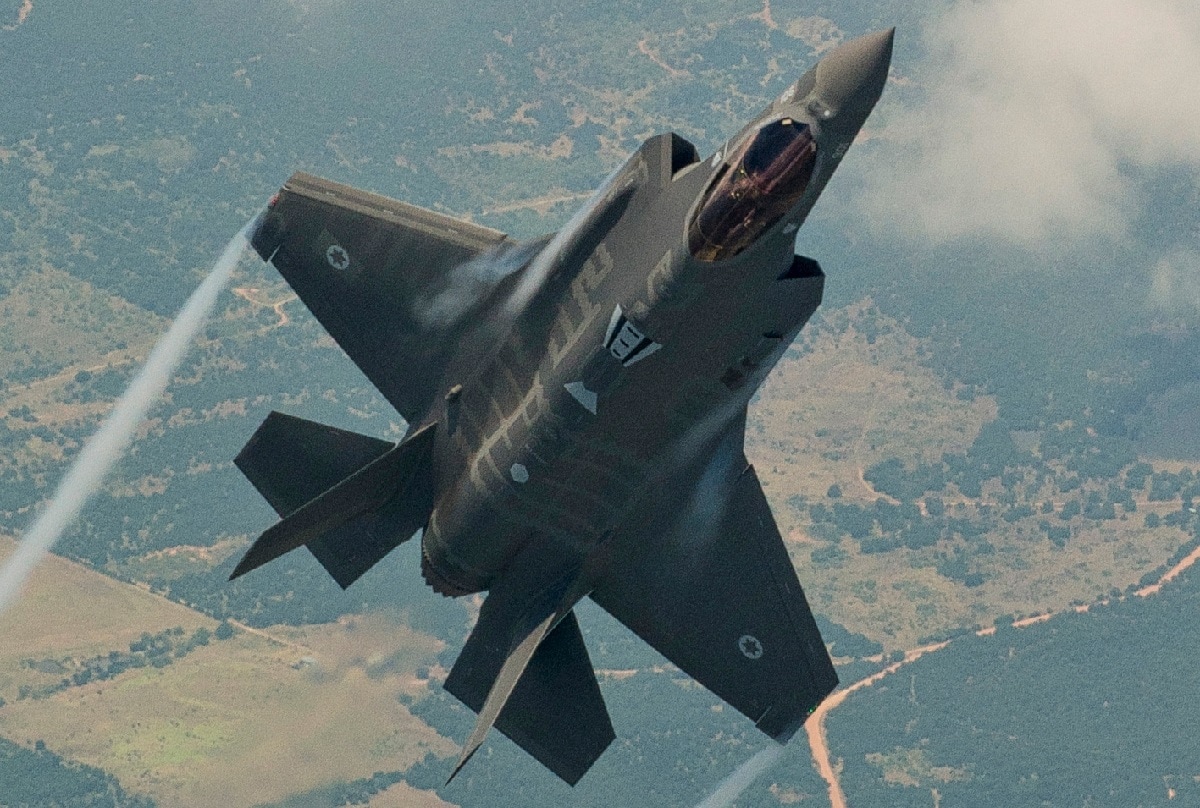Over the weekend the most serious fighting in a generation broke out between Israel and Hamas, as the latter launched a surprise attack of unprecedented scope and destructiveness against Israeli communities near the Gaza Strip.
Hundreds of Israeli civilians are dead, and many others have been taken hostage. Israeli retaliation has already resulted in the deaths of large numbers of Palestinians.
Surprise Attack Against Israel
Hamas achieved levels of tactical and operational surprise that many commentators, in the wake of Russia’s invasion of Ukraine, did not believe were possible.
The operation included direct attacks on Israel’s air defense network, the destruction of barriers along the border that allowed the infiltration of armed groups of militants for the purpose of murder and kidnapping, and a substantial rocket assault on the southern half of the country. Israeli intelligence and security forces appear to have done little to nothing to pre-empt or prepare for the onslaught.
The causes of this failure will be long debated. Indeed the bulk of responsibility lies with Israeli Prime Minister Benjamin Netanyahu, who as head of government was responsible for allocating and focusing the resources of the national security state.
A credible argument is emerging that Netanyahu was overly focused on conflict between settlers and Palestinians in the West Bank and did not pay heed to signs of an impending attack. This may further have resulted in the relatively low readiness of IDF units in the Gaza area. This narrative is no doubt comforting to intelligence and security professionals in Israel, but we should take extreme caution with respect to “CYA” leaks from anonymous intelligence sources.
Reasoning
Why now?
The Palestinian position has decayed in gradual but nonetheless substantive ways over the past two decades. Developing world solidarity around support for Palestine no longer exists, in large part because of Israeli commercial and military trade commitments. As news of the attacks broke, India did not hesitate to offer sympathy for Israel, and both Russia and China have remained studiously quiet about events thus far.
The most alarming development for Hamas precisely and for Palestinians has been the prospect of rapprochement between Israel and Saudi Arabia. An agreement on formalizing Saudi-Israeli ties, whatever cut-outs it might include for continued Palestinian advocacy, would effectively mean that the Palestinians have no useful sponsors in the Arab world. A Wall Street Journal report claims that Iran was deeply involved in the planning and preparation of the attack, which would suggest that regional political dynamics provided much of the motivation for the campaign.
How Will Israel Respond
We do not yet know how Israel will respond to this attack, although air attacks have already begun, and ground operations seem likely.
Much will depend on the behavior of Hezbollah in the north and by Palestinian groups in the West Bank. Reserves have been called up, suggesting a major operation in the south and possibly in the West Bank. To be sure, the Israeli public will undoubtedly demand a significant response. The international community has historically reacted poorly to Israeli attacks on Gaza, but the breadth and brutality of the Hamas onslaught will likely quiet critics for a while.
The only thing that may moderate Israel’s behavior is a desire to avoid derailing its relationship with Saudi Arabia in the hopes of permanently pushing the Palestinian question to the side.
Nevertheless, Hamas may have succeeded in at least delaying that normalization by forcing Israel’s hand.
Welcome to the Israel-Hamas War of 2023
This is one of the most devastating attacks that Israel has suffered in its seventy-five-year history, more devastating in some ways than the Yom Kippur War, which preceded it by almost exactly fifty years. Many Israelis are dead. Many Palestinians will soon be dead. The global impact of the war is hard to guess at in the moment, but the attacks have already changed the nature of regional diplomacy across the Middle East, and could portend a much wider conflict.
About the Author
Dr. Robert Farley has taught security and diplomacy courses at the Patterson School since 2005. He received his BS from the University of Oregon in 1997, and his Ph. D. from the University of Washington in 2004. Dr. Farley is the author of Grounded: The Case for Abolishing the United States Air Force (University Press of Kentucky, 2014), the Battleship Book (Wildside, 2016), Patents for Power: Intellectual Property Law and the Diffusion of Military Technology (University of Chicago, 2020), and most recently Waging War with Gold: National Security and the Finance Domain Across the Ages (Lynne Rienner, 2023). He has contributed extensively to a number of journals and magazines, including the National Interest, the Diplomat: APAC, World Politics Review, and the American Prospect. Dr. Farley is also a founder and senior editor of Lawyers, Guns and Money.

